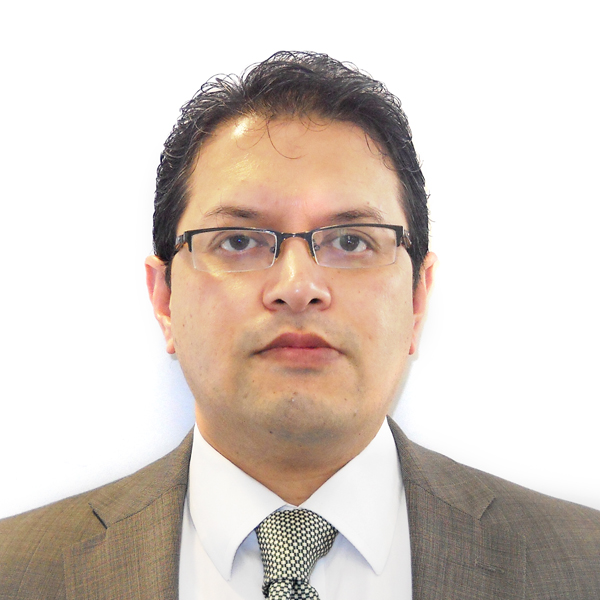Pravin Karki, Darwin College, 2006-07
Pravin is a Hydropower Engineer who completed an undergraduate degree in Water Resources and Hydraulic Structures in the Czech Republic and subsequently worked for six years as a civil engineer in Nepal. He then completed a two year MSc at the Department of Environmental an Hydraulic Engineering at NTNU, Trondheim in Norway and returned to Nepal to work as a research engineer . Prior to starting the MPhil in 2006 he had a further five years practical work experience at the International Hydropower Association (IHA) in London, mainly in international policy.
Dissertation title:
Application of the IHA Sustainability Assessment Protocol: Case Studies of Blanda Hydropower Plant (Iceland) and Upper Seti Hydropower Project (Nepal).
Students report:
Why did you do the ESD MPhil?
I graduated the MPhil course in 2007 when sustainability was at its height of being applied in the industry. I was part of the IHA based in London and was keenly interested in the development of sustainability protocol for the hydropower sector that IHA was spearheading.
For my MPhil dissertation, I worked with Landsvirkjun, the power utility of Iceland in testing the Protocol. As a hydropower engineer with 15 years of experience, I already had some insight into hydropower planning, design, construction, research and international policy.
What are you doing now?
In 2008, I joined the World Bank in Washington DC as a senior hydropower specialist and has now been promoted to Global Lead for Hydropower & Dams (Nov 17). The first thing that came to my mind was how to promote sustainability as a ESDer which I know is a challenge to us all. While working on a greenfield project in Ethiopia, I questioned an international consulting firm to make the reservoir more sustainable in terms of sediment management and to think deeply about intergenerational equity. After nearly ten years of work with world's leading experts, in 2017 I was proud to be the coordinator of a set of guidelines on sustainable sediment management entitled "Extending the Life of Reservoirs", now available online for free downloading.
Besides normal World Bank's investment operations in investments in the energy sector, I am currently leading the work in developing guidelines for climate change resilience for the hydropower sector for the World Bank. Despite being a bit complex, the World Bank is one of the best places to work if you love languages, travel and diversity. You get to work with some of the brightest people. I have worked in Armenia, Ethiopia, India, Nepal, Pakistan, Papua New Guinea, and Tajikistan so far.
What do I remember most about Cambridge ? My family visiting me at Darwin College and my mother becoming very emotional. The most memorable lecture was by Stephen Hawking. I wouldn't mind being a student all my life in Cambridge.

